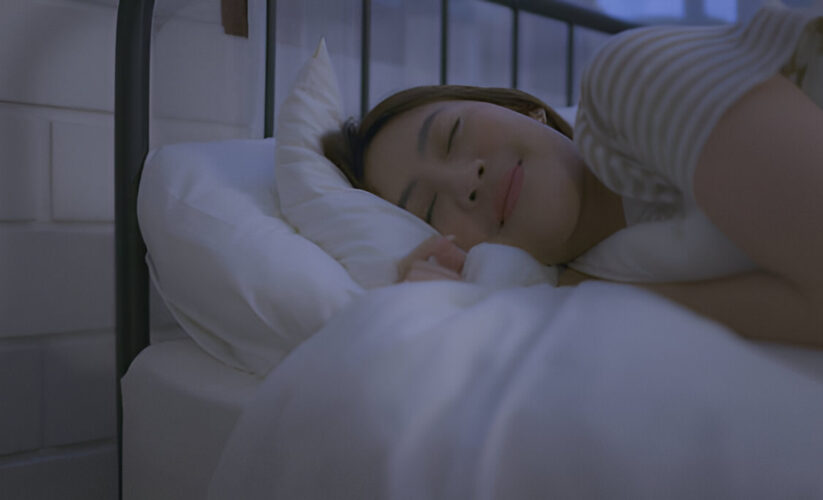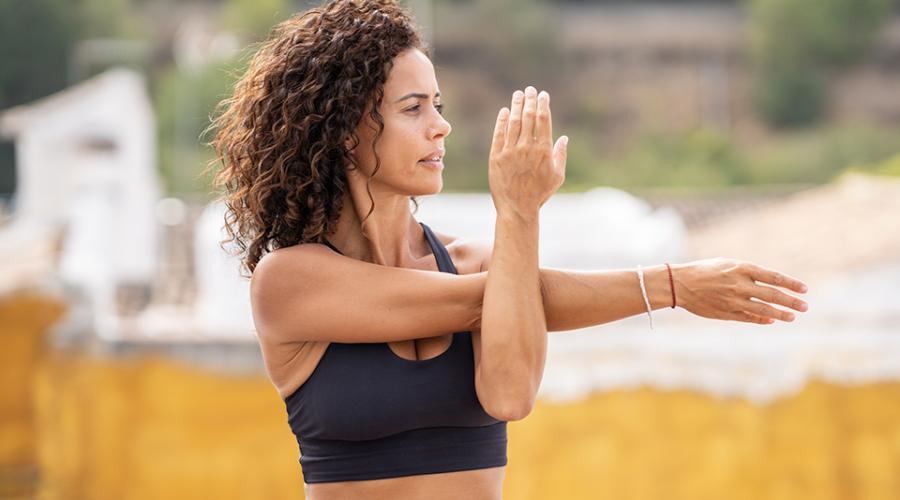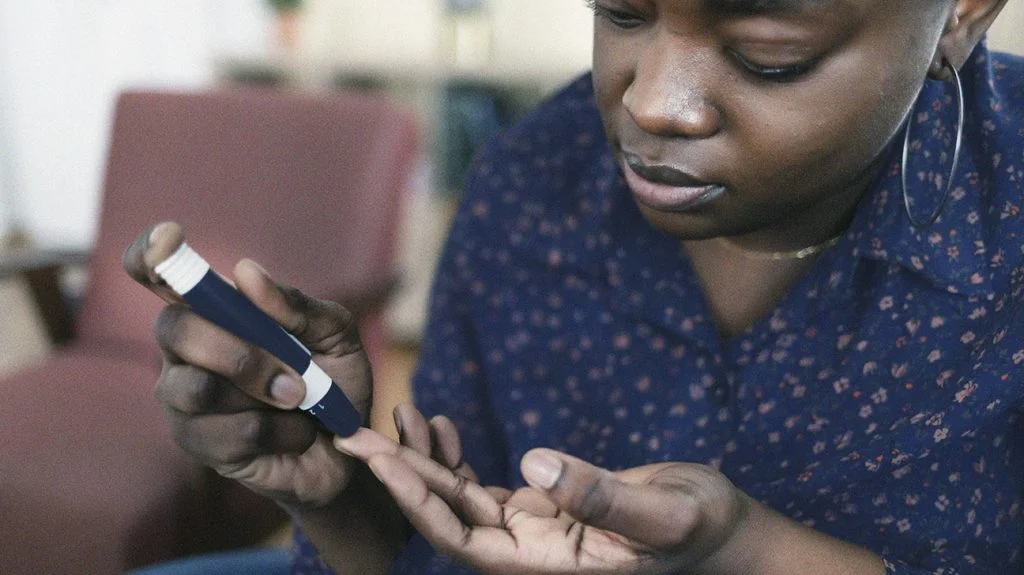

Morning
Wake up at the same time every day, whether that's 5:30 or 8:30. This ritual will help maintain your circadian rhythms and make it more likely you'll fall asleep at the same time every night, too. (Yes, you can sleep an hour later on weekends.) As soon as you wake up, "get into some sort of daylight situation really quickly, even if it's just stepping out on a balcony," suggests sleep expert Joyce Walsleben, R.N., Ph.D. Bright light suppresses the production of melatonin, a sleep-inducing hormone in your brain, and helps set your body clock. If you're going to have coffee, this is the time. Walsleben recommends that women avoid it from noon on, and limit their morning dose to a cup or two. And keep in mind that "if you drink an 8-ounce cup in the morning," cautions Rubin Naiman, Ph.D., "you may still have small amounts of caffeine left in your blood at bedtime."
Afternoon
At lunchtime, choose wisely: An animal study published in the journal Cell Metabolism in November 2007 linked a high-fat diet with a disrupted circadian clock. At least three hours before bed, get some exercise that raises your heart rate. "Aerobic exercise in the late afternoon -- even just walking home from work -- can help you burn off the stress of the day and raise your body temperature," Walsleben explains. "This has the potential to deepen your sleep later on." Also, avoid taking siestas during the day to help maintain your sleep drive.
Evening
Eat dinner several hours before bed to give your body time to digest, and avoid spicy or heavy foods if you're prone to heartburn. If you drink wine or beer, do so "three or four hours away from bedtime," advises Walsleben; while alcohol may speed the onset of sleep, it can disrupt the sleep cycle later.
Night
Avoid watching intense TV shows, paying bills, or engaging in other stimulating activities an hour or two before bedtime. Instead, dim the lights to stimulate the release of melatonin and do a few relaxing yoga poses (such as Legs Up the Wall and Child's Pose) or 10 minutes of deep breathing or meditation. If you have a bathtub, use it. (Adding relaxing lavender oil will help.)
Check out our flow to sleep exercises.
Try these natural sleep remedies
.
Text by Sarah Schmelling
First Published: May 2008


























